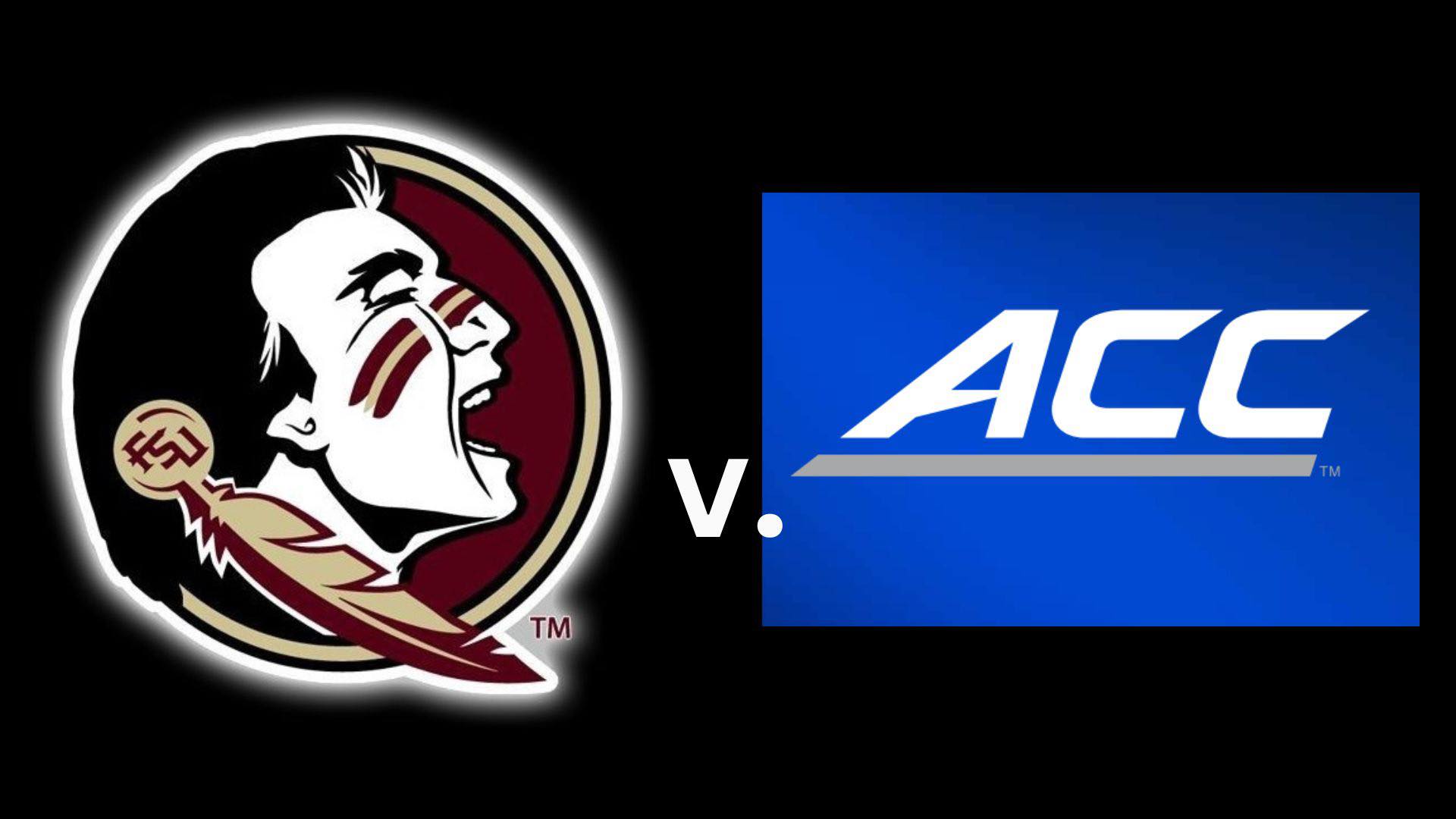While the North Carolina court version of the same case has escalated to the state supreme court level, Florida State University v. the ACC takes a twist in Leon County, FL.
Last month, at the second hearing slated to cover the ACC’s motion to dismiss the lawsuit, FSU’s legal counsel got a sort of do-over.
The cases in Mecklenburg and Leon Counties are near exact inverse images of each other. Florida State wants out of the ACC. The conference says the Grant of Rights contract prevails as the ruling document. Conference officials say you are free to leave when you pay the exit fee and you cannot take your media rights with you. Of course, the value of any school moving to a new conference without its media rights in the back of the U-Haul is pretty much zero.
Motions Without Movement
But we have yet to get to the substantive arguments…until now. To this point, it has been strictly procedural, and primarily about jurisdiction. In the Charlotte courtroom, Florida State’s attorneys filed a motion to dismiss. It was based on the belief that with FSU being a state school, there is a sovereign immunity issue. Thus, it contended, the ACC did not have the jurisdictional right to sue for breach of contract in the state of North Carolina.
After one hearing that lasted several hours, Judge Louis Bledsoe III denied FSU’s motion. The school has since filed notice that it will appeal to the North Carolina State Supreme Court. Our state judicial insiders tell us that based on the court’s current docket, the case is unlikely to be heard before sometime in late Winter/early Spring of 2025. Judge Bledsoe subsequently ruled that all other matters in the North Carolina version of the case are to stop until jurisdiction has been settled. That case is stalled on the side of the highway for a year or more.
Leon County
That gets us back to Leon County, FL. Last month, Judge John Cooper was holding his second full-day hearing on the ACC’s motion to dismiss the suit with Florida State as the case’s plaintiff. Same issues, but flip the plaintiff and respondent, and go south for about 450 miles.
But after more than five hours into the second hearing, Judge Cooper advised Florida State’s legal counsel that their oral arguments had veered off the road from their written and submitted arguments. He said he would issue an order that Florida State could file a second amended complaint. They would be given the chance to restructure and rewrite the primary complaint so as to make it more cohesive with its oral arguments.
While this is not uncommon in complex contract court, (where the case is being heard), the process can be tedious. Both sides have to come up with a version of the wording for the proposed judicial order and submit it to the court. Once Judge Cooper signed off on it, FSU attorneys had seven court days to file the amended complaint. They met the deadline by about 18 hours last week and delivered a new argument into the matter.
New Complaint
Florida State’s second amended complaint proclaims that the conference’s Grant of Rights does give the school’s media rights to the ACC. But only as long as the school is a member of the ACC.
In other words, while the perception has been that the GoR is ironclad, and holding every school’s feet to the fire well into 2036, FSU says that is true only for as long as the school is a member of the conference.
The newly written complaint says the GoR exists as a mechanism for the ACC to comply with its contractual obligations with ESPN. But FSU’s legal counsel contends that is a conference issue, not an individual school burden to bear. The revised complaint says the limitations of the GoR are clear in that it only applies to the conference’s agreement with ESPN and no other media outlet.
The complaint says that for as long as FSU is a member of the ACC, it is subject to the conference’s media deal with ESPN. But if and when it leaves the ACC, it is no longer bound by the contract that exists between the conference and the network.
What’s Next
It is worth noting that while the schools are theoretically locked in until 2036, ESPN has some opt-out dates available to it, where it can exit the ACC agreement.
The school is theoretically not fighting the spirit of the exit fee to get out of the conference; just the amount. The total is a moving target as it relies on a mathematical formula based on the ACC’s budget and expenses. It currently sits in the $120 -$130 million range. In the amended complaint, FSU’s attorneys said the amount is an unreasonable penalty.
The ACC has 20 court days to respond to the second amended complaint. Taking into account weekends and holidays, that puts the expected date on or before June 20th. Judge Cooper will schedule a third hearing at that point, still seeking to resolve the motion to dismiss. He indicated in April that he has a full trial calendar for several months so it could be mid to late July before both sides are back in court.






